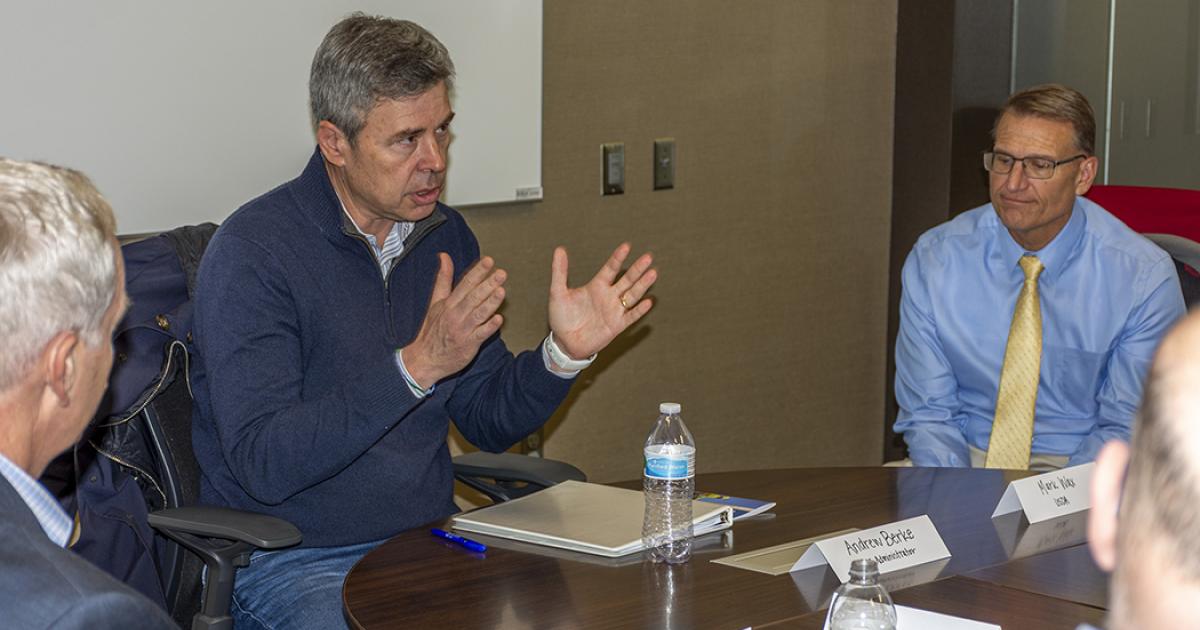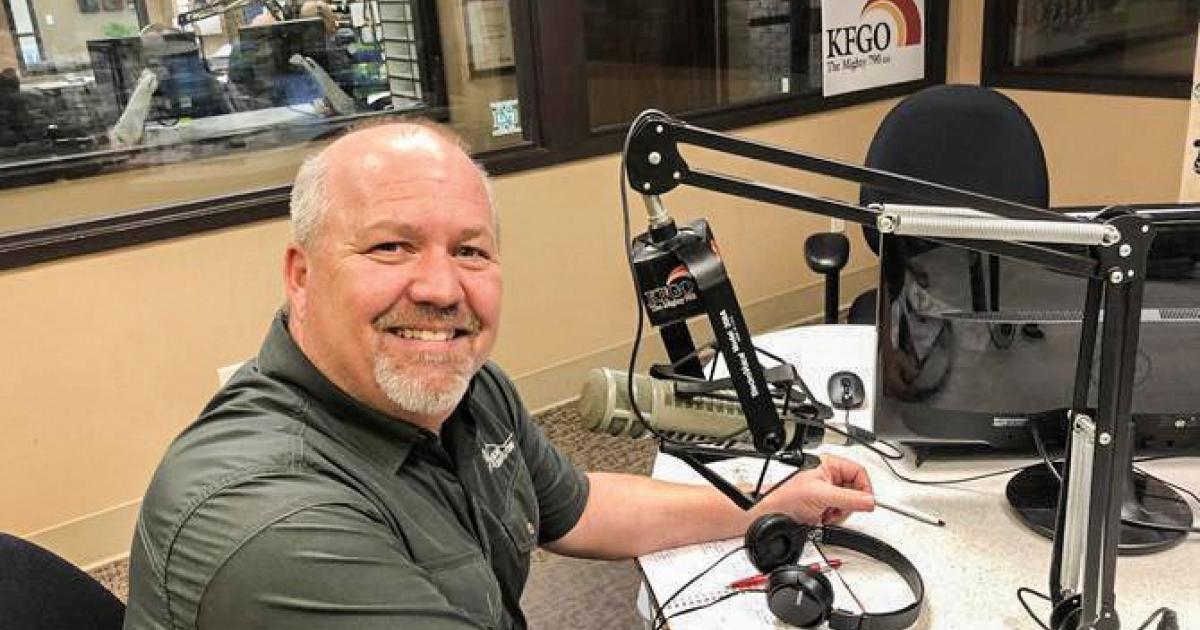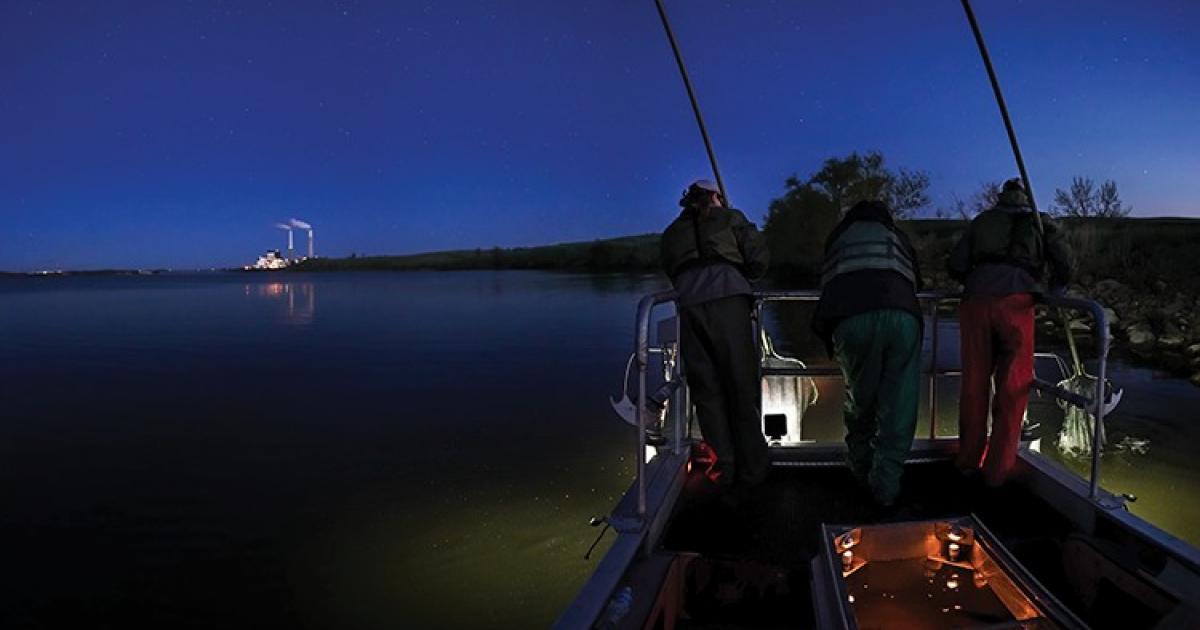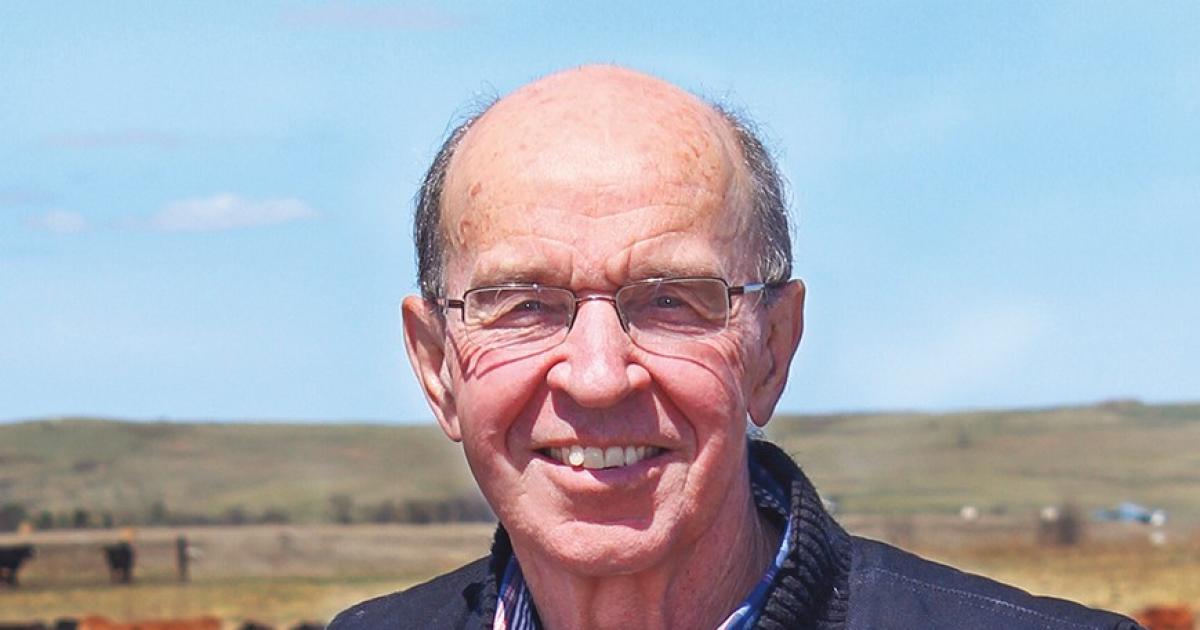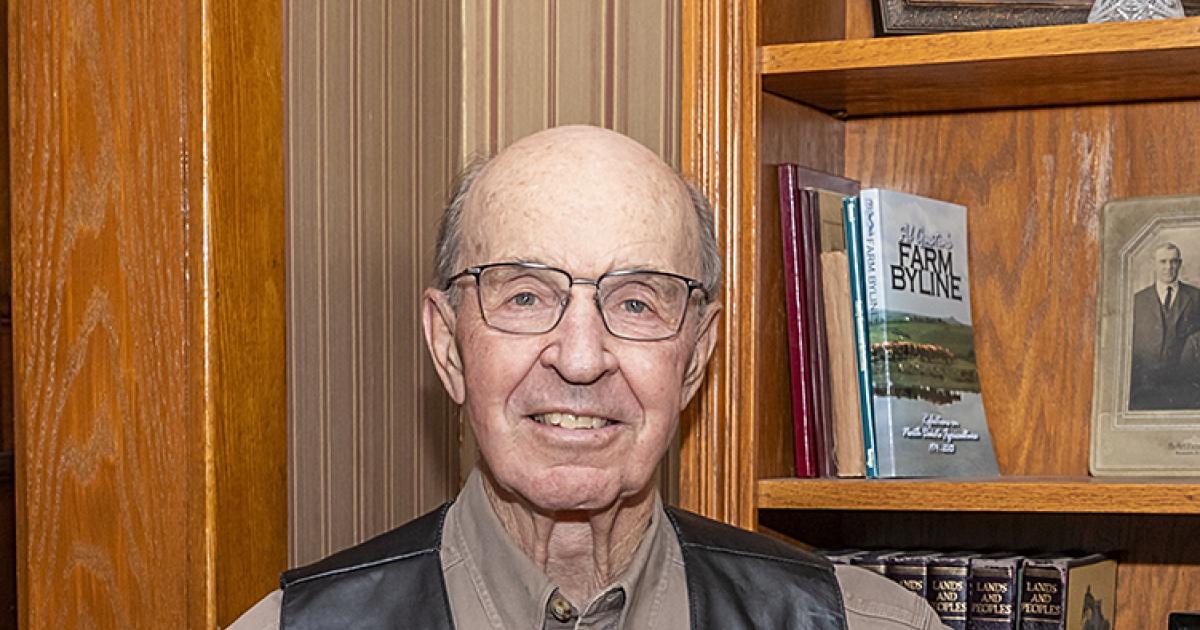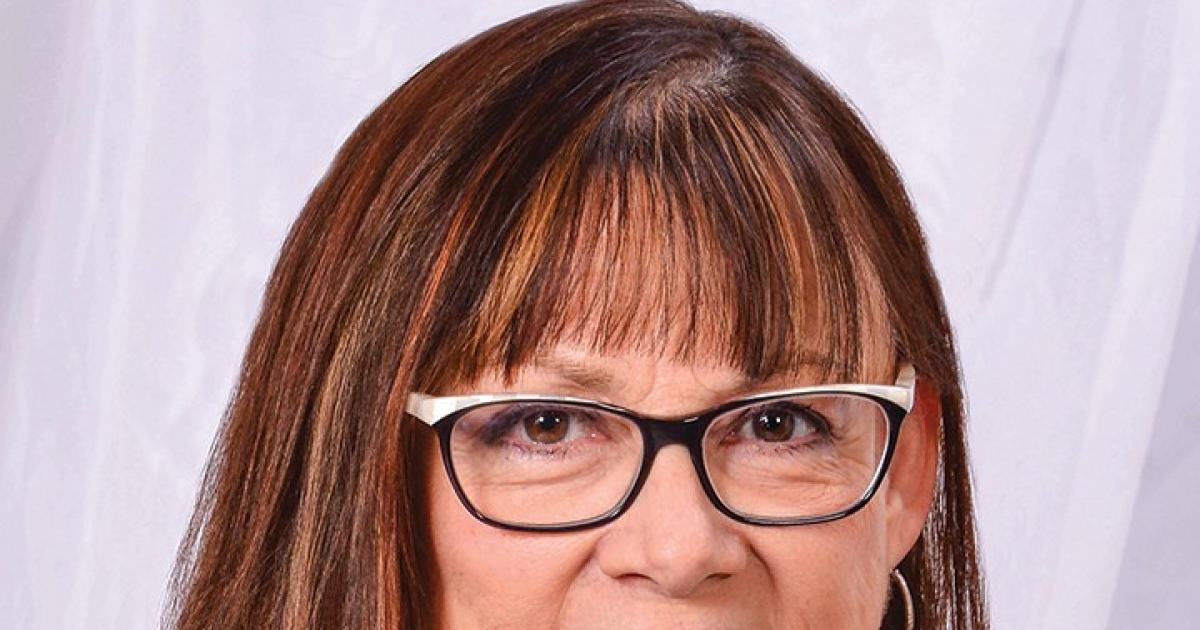Andrew Berke, U.S. Department of Agriculture Rural Utilities Service administrator, talks with North Dakota electric cooperative leaders at a Dec. 4, 2023, meeting in Fargo. Photo by NDAREC/Cally Peterson
U.S. Department of Agriculture Rural Utilities Service (RUS) Administrator Andrew Berke held a roundtable discussion with North Dakota electric cooperative leaders Dec. 4, 2023, in Fargo. Key topics included infrastructure, resiliency, reliability and serving rural communities.
Berke fielded questions about federal funding available for rural electric cooperatives through the Inflation Reduction Act, in particular the Empowering Rural America (New ERA) Program. This $9.7 billion program represents the largest investment in rural electrification since President Franklin D. Roosevelt signed the Rural Electrification Act into law in 1936. Co-ops expressed appreciation for this level of investment in rural electric infrastructure, and shared concerns about timelines for project completion, workforce and contractor shortages, cumbersome and stalled environmental review processes, and parity in the application process.
Cooperatives serving rural, remote and frontier areas, for example, often do not have the resources or capacity to submit a competitive application for these federal dollars, described Josh Kramer, executive vice president and general manager of the North Dakota Association of Rural Electric Cooperatives.
“There’s a lot of need out there,” Berke acknowledged. “There are people who need our help, and that’s how I approach the job.”
Matt Hanson, CEO of McKenzie Electric Cooperative in Watford City, urged funding priorities be for improving system reliability and hardening grid infrastructure.
“Keeping the core system intact is important. The money from these programs should be going to help the core infrastructure, not just for EVs (electric vehicles) or to promote clean energy,” Hanson said.
Co-op leaders thanked the administrator for the efficiencies made in RUS loan processing and the low-interest financing options provided through the agency, which have helped make reliable, affordable electricity possible in rural America.
“Thank you for what you do to help people,” Berke replied. “A lot of the things you do (as not-for-profit cooperatives) don’t make sense financially. I believe in the way the co-op does it.”


